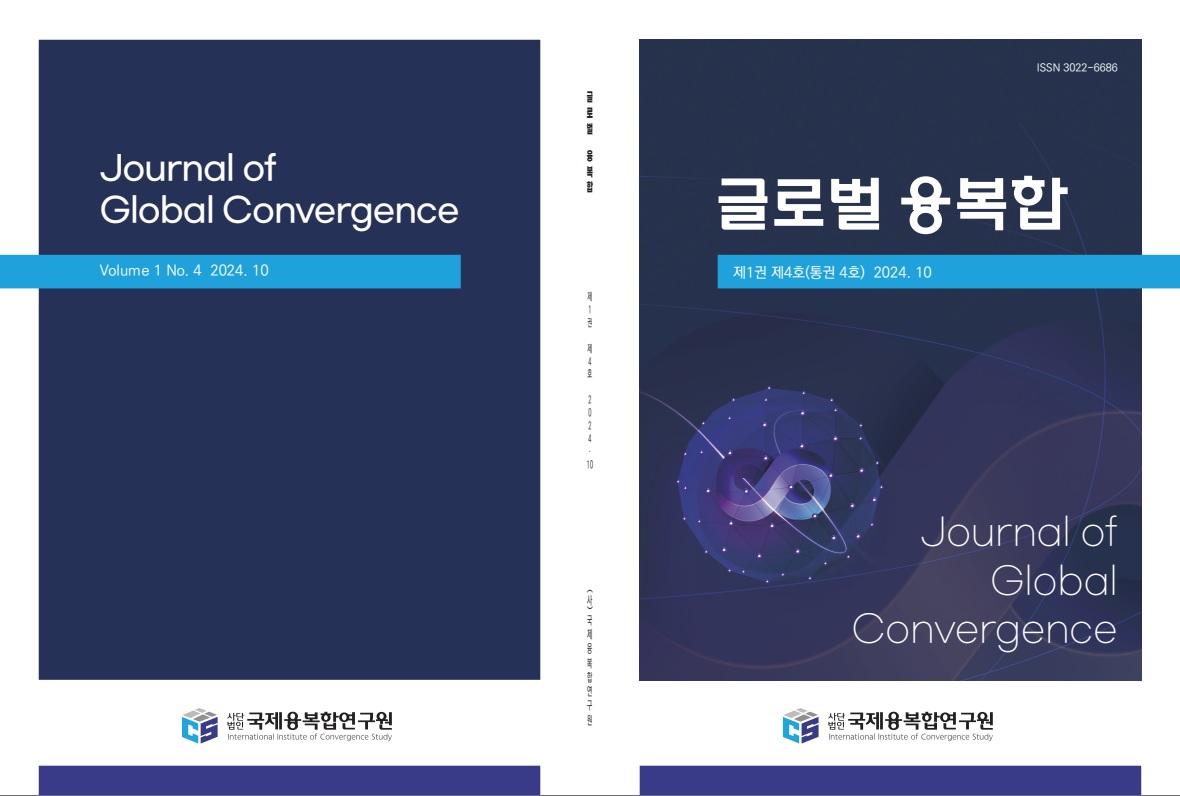전통 가라테 철학과 현대 스포츠 과학적 접근의 질적 융합: 수련자의 체험과 문화적 의미에 대한 탐구
A Qualitative Integration of Traditional Karate Philosophy and Contemporary Sports Science: An Exploration of Practitioner Experience and Cultural Significance
저자
박용성
수록페이지
p.69-80 (12pages)
조회수
15
다운로드
1
- 창간연도
- 2024년 1월
- ISSN
- (Print)3022-6686 , (Online)3022-6651
- 수록권호
- 제2권 2호 (통권 6호)
- 발행일
- 2025.04
- 수록논문
- 29 articles
- 유형
- 학술저널
- 주제
- 사회과학, 자연과학, 예술체육학, 복합학
- 발행기간
- 2024.01 ~ 2025.04
- 발행주기
- 연 4회(계간)
- 총 권호 수
- 5 volumes
- 총 논문 수
- 76 articles

키워드
가라테, 무도 철학, 스포츠 심리학, 몰입 경험, 질적 연구Karate, Budo Philosophy, Sports Psychology, Flow Experience, Qualitative Study
초록
본 연구는 전통 가라테가 지닌 철학적 가치와 현대 스포츠 과학적 접근법을 질적으로 통합하여, 무도 수련 과정에서 나타나는 심신의 성장과 문화적 의미를 고찰하였다. 먼저 가라테의 핵심 덕목(도, 예, 인, 용)을 현대 스포츠 심리학의 개념(자기실현, 스포츠맨십, 팀워크, 회복탄력성 등)과 대조함으로 써, 전통 무술 철학이 오늘날에도 여전히 유효한 심리・교육적 함의를 지닌다는 점을 확인하였다. 이어 서 수련자들이 경험하는 몰입(flow) 상태와 공격성 통제, 사회성 및 인격 형성 등을 검토하였으며, 이 를 통해 가라테 수련이 단순한 기술 습득을 넘어 삶의 태도와 정체성 형성에 깊이 작용함을 밝혔다. 더 불어 전통 무도와 현대 스포츠의 트레이닝 방식, 지도 체계, 평가 기준을 비교함으로써, 과학적 훈련 기법과 무도 철학을 상호 보완적으로 활용할 수 있음을 시사하였다. 궁극적으로 본 논문은 양적 자료 없이도 무술 수련의 가치를 통합적으로 조망할 수 있는 질적 접근 모델을 제안함으로써, 무도 연구와 스포츠 과학 간 학제 간 융합의 가능성을 모색하고자 하였다.This study examines the philosophical foundations of traditional Karate in conjunction with contemporary sports science approaches, focusing on the qualitative dimensions of training experience and cultural context. By comparing key virtues of Karate—such as Do, Rei, Jin, and Yong—to modern sports psychology concepts of self-actualization, sportsmanship, team cohesion, and resilience, the analysis highlights the enduring educational and psychological value of traditional martial arts philosophy. Furthermore, the study investigates the state of flow during training, along with the management of aggression, development of social skills, and identity formation, revealing that Karate practice extends beyond mere technical proficiency to influence practitioners’ broader life attitudes and self-concept. The paper also contrasts traditional martial arts training, instruction, and evaluation methods with those of modern sports, suggesting opportunities for mutual enrichment between scientific training protocols and martial philosophy. Ultimately, by proposing a qualitative framework that does not rely on quantitative metrics, this research offers a novel perspective on the integration of martial arts studies and sports science, underscoring the multidisciplinary potential of such an approach.
 (사)국제융복합연구원
(사)국제융복합연구원